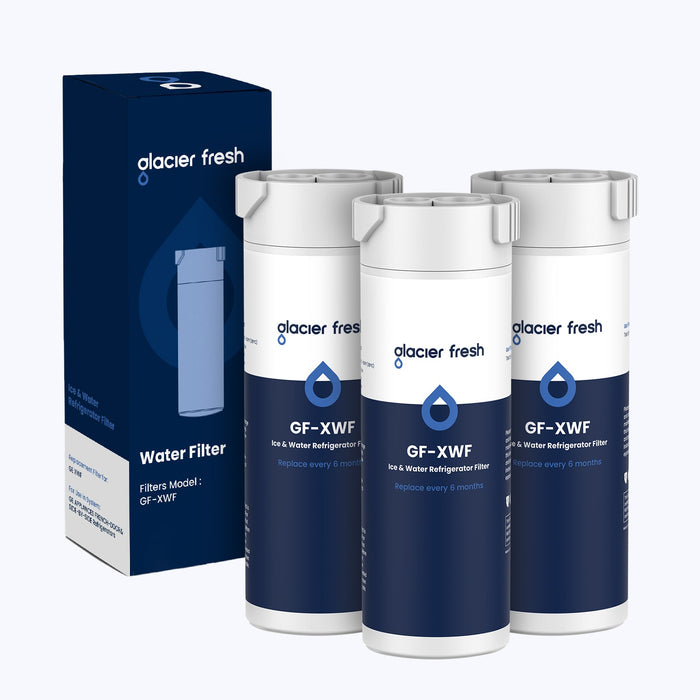The Importance of a GE Refrigerator Water Filter in Ensuring Clean Drinking Water
Body
Water is an essential element for our survival, and it is crucial that we have access to clean and safe drinking water. One of the most effective ways to ensure the quality of our drinking water is by using a GE refrigerator water filter. These filters play a vital role in removing impurities and contaminants, providing us with clean and refreshing water.

Why is Clean Drinking Water Important?
Clean drinking water is essential for maintaining good health. It helps to hydrate our bodies, regulate body temperature, and support various bodily functions. Drinking contaminated water can lead to a range of health issues, including gastrointestinal problems, bacterial infections, and even long-term illnesses.
Contaminants such as bacteria, viruses, chemicals, and heavy metals can find their way into our water sources. While municipal water treatment plants do their best to remove these impurities, some may still remain. This is where a GE refrigerator water filter comes into play.
The Role of a GE Refrigerator Water Filter
A GE refrigerator water filter is designed to remove impurities and improve the taste and odor of your drinking water. It uses a combination of physical and chemical processes to effectively filter out contaminants, ensuring that you have access to clean and safe water.
These filters typically use activated carbon, which has a large surface area and is highly effective at adsorbing impurities. The carbon filters out chlorine, sediment, and other organic compounds that can affect the taste and quality of your water.
Additionally, GE refrigerator water filters often incorporate other filtration technologies such as reverse osmosis or ultrafiltration. These processes help to remove smaller particles, bacteria, and viruses that may be present in the water.
The Benefits of Using a GE Refrigerator Water Filter
There are several benefits to using a GE refrigerator water filter:
- Improved Taste and Odor: The filter removes chlorine and other chemicals that can give water an unpleasant taste and odor.
- Removal of Contaminants: The filter effectively removes impurities such as sediment, bacteria, viruses, and heavy metals, ensuring that your water is clean and safe to drink.
- Convenience: Having a water filter built into your refrigerator allows you to have access to clean water at any time without the need for additional filtration devices.
- Cost Savings: Using a refrigerator water filter is more cost-effective in the long run compared to buying bottled water or using other filtration methods.
By using a GE refrigerator water filter, you can enjoy the benefits of clean and refreshing water right from your own kitchen.
Conclusion
The importance of a ge refrigerator water filter in ensuring clean drinking water cannot be overstated. It plays a crucial role in removing impurities and contaminants, providing you with safe and refreshing water. By investing in a quality water filter, you can protect your health and enjoy the many benefits of clean drinking water.
References:
1. Centers for Disease Control and Prevention - Water Treatment
2. Environmental Protection Agency - Ground Water and Drinking Water
3. World Health Organization - Drinking-water quality










Comments